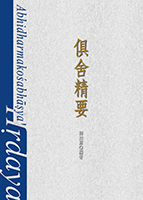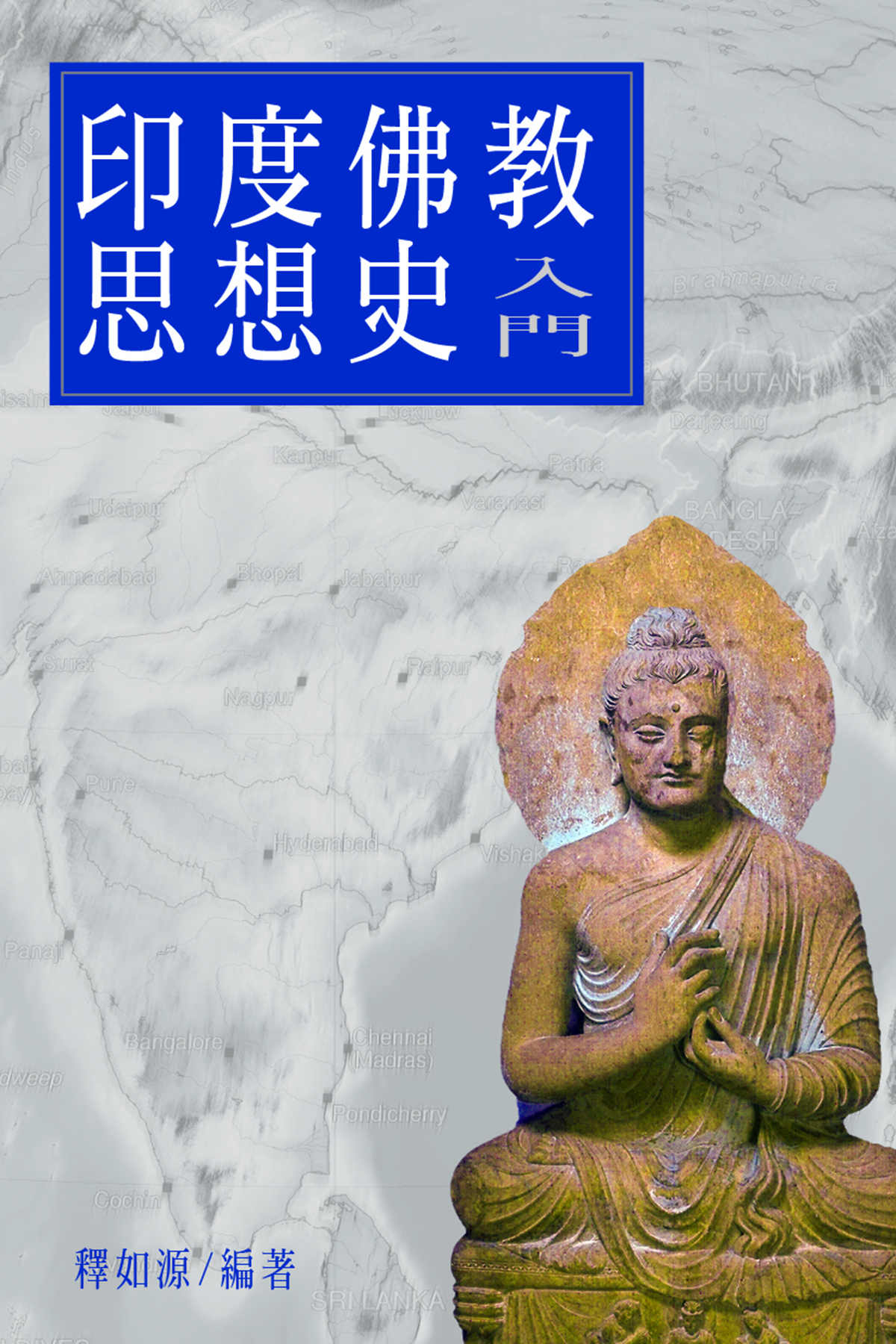No. | Name | Abstract | Download |
|---|---|---|---|
| 001 An Overview of the Yogācāra/Vijñānavāda Philosophy |  | One of the main goals of Yogācāra philosophy is to emphasize that everything we experience is not only manifested by consciousness alone but also takes on a distorted form due to our mental afflictions. As all manifestations of consciousness are inherently distorted, becoming attached to these distorted perceptions leads to erroneous decisions and behaviors. This state is referred to as deluded-mere-consciousness. The purpose of studying Yogācāra philosophy is to rectify these deluded perceptions and attachments, leading to correct understanding and behavior. This transformative process is known as the shift from mere consciousness to higher wisdom. While the theory of Yogācāra philosophy may be intricate and challenging to comprehend, gaining a grasp of the basic concepts will facilitate further learning in the future. This book aims to introduce the fundamental concepts of Yogācāra philosophy to interested readers in a simplified manner. | the PDF file only contains the Introduction and chapter 1 ~ 3. |
| 002 Abhidharma-kośa-bhāṣya |  | Where should a beginner start in the large compendium of Buddhist scriptures, which is as vast as an ocean? The wise masters of ancient India recommended the Abhidharma-kośa-bhāṣya" as the ideal beginner course. Also known as the “Compendium of Higher Wisdom,” this scripture covers all fundamental concepts of Buddhist teachings and provides detailed analysis to further explain them. Therefore, it is often regarded as the fundamental text of Buddhism. Only by aquiring a thorough and comprehensive understanding of the fundamental teachings can we further investigate into the scriptures of both the Mahāyāna (Northern) and Hīnayāna (Southern) traditions. Master Ruyuan, with over 20 years of research in Buddhist studies, has summarized the Abhidharma-kośa-bhāṣya into a study guide called the Essence of Abhidharma-kośa-bhāṣya, making it easily accessible for readers who wish to learn. | the English version is on maintain.Please wait. |
| 003 Teachings of the Buddha |  | The "Agama Sutras" are the earliest recorded teachings of the Buddha, which document his fundamental thoughts and actions. They record how the Buddha, as a human being, taught his disciples how to observe the impermanence of the world and the mind and how to break free from afflictions and seek liberation. The content of these sutras includes the Buddha's worldview, outlook on life, and methods for practice. From the perspective of the history of Buddhist literature, they are recognized as the earliest collections of Buddhist scriptures and the holy scriptures that expound the fundamental teachings of Buddhism. Therefore, it can be said that the "Agama Sutras" are a must-learn for all Buddhist learners. Master Ruyuan selected more than 100 stories from the "Saṃyukta-āgama" and translated them into plain language in the hope of serving as an introduction for the general public to study the Agama Sutras. | The English version is on maintain.Please wait. |
| 004 Summary of the Treatise on the Establishment of Consciousness Only |  | In Chinese Buddhism, the Treatise on the Establishment of Consciousness Only has been the fundamental basis for Yogācāra scholars for thousands of years. It can be said to be the ultimate achievement of Indian Yogācāra and the beginning of the rise of Chinese Yogācāra. The Yogācāra philosophical system presented in the Treatise on the Establishment of Consciousness Only is complete and rigorous, but it is also complex and burdensome, with various commentaries making the already complex system even more complicated. This makes scholars who want to study and researchYogācāra either intimidated or give up halfway. In response to this, the author has created this summary of the Treatise on the Establishment of Consciousness Only, which presents a summary of the philosophical ideas in a clear and concise manner, making it easier for readers with a basic understanding of Yogācāra to get started. It is hoped that this summary will provide a convenient starting point for those interested in learning Yogācāra, and increase their interest in studying Yogācāra. | The English version is on maintain.Please wait. |
| 005 Introduction to the History of Buddhist Thought in India |  | The main purpose of studying the history of Buddhist thought in India is to gain a comprehensive understanding of the development and changes of Buddhist thought in India. By doing so, we can grasp the essence and characteristics of Buddhist thought and further understand the correct direction of learning Buddhism and practicing it. Therefore, the ultimate goal of studying the history of Buddhist thought in India is nothing but to learn and practice Buddhism correctly. | The English version is on maintain.Please wait. |

